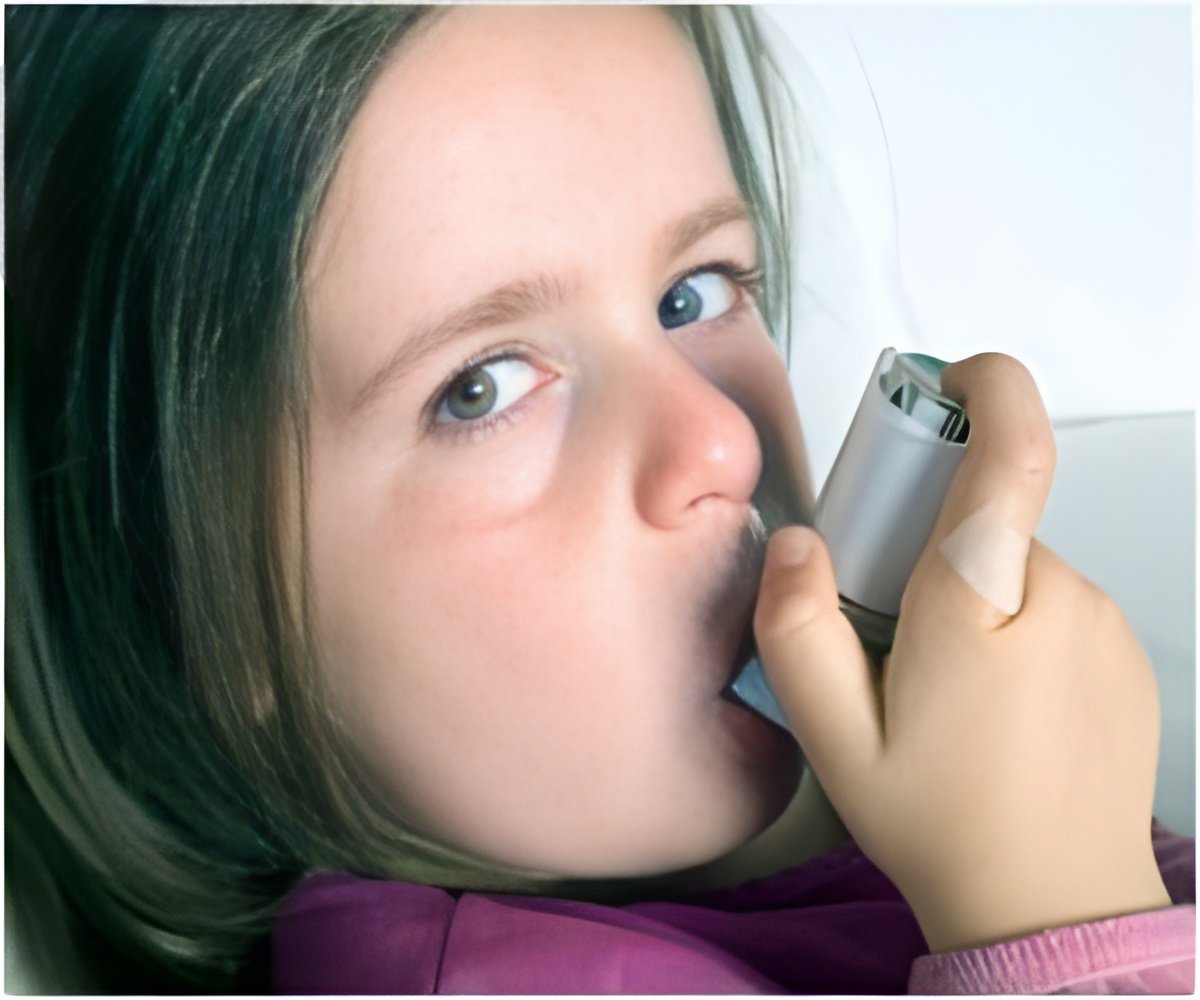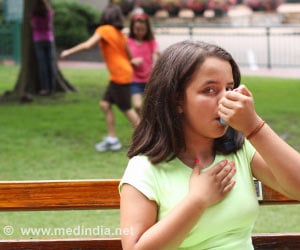Obese children with asthma may mistake symptoms of breathlessness for loss of asthma control leading to high and unnecessary use of rescue medications, shows new research.

"Obese children with asthma need to develop a greater understanding of the distinct feeling of breathlessness in order to avoid not just unnecessary medication use, but also the anxiety, reduced quality of life and health care utilization that come along with this misunderstood symptom," said Jason Lang, MD, MPH, a physician and researcher in the Division of Pulmonary Medicine at Nemours Children's Hospital in Orlando, Fla. "Alleviating this overuse of rescue medications could likely also lessen other symptoms obese children with asthma are impacted by, including most notably acid reflux."
Researchers, led by Lang, reviewed the lung function, treatment uses, symptom patterns, healthcare utilization, quality of life and caregiver perceptions of asthma-related quality of life in overweight/obese children with asthma (BMI ≥ 85th percentile) and lean counterparts (BMI 20-65th percentile). In total 58 children participated in the study's three clinical visits.
Both groups displayed similar lung function and controller therapy. However, obese children with asthma experienced and reported symptoms differently compared to lean children, noting symptoms of shortness of breath instead of cough, and three times greater use of self-medication with short-acting Beta-agonist (SABA) medications. These children also had lower asthma-related quality of life and greater gastrointestinal symptoms reported by GERD score.
Researchers note that much of the problematic nature of asthma among obese children with early-onset, allergic asthma may stem in part from heightened airflow perception and GERD symptoms, leading to a sensation of breathlessness. Additionally, high SABA use in this group has been previously shown to reduce lower esophageal sphincter tone, perpetuating a cycle of GERD, chest symptoms and more SABA use.
The results have clinical implications for overweight/obese asthmatic children with excessive breathlessness and rescue medication use. Respiratory physicians treating these children should consider weight loss or other alternative self-management plans to improve GERD, asthma-related symptoms and medication utilization.
Advertisement
Source-Eurekalert















